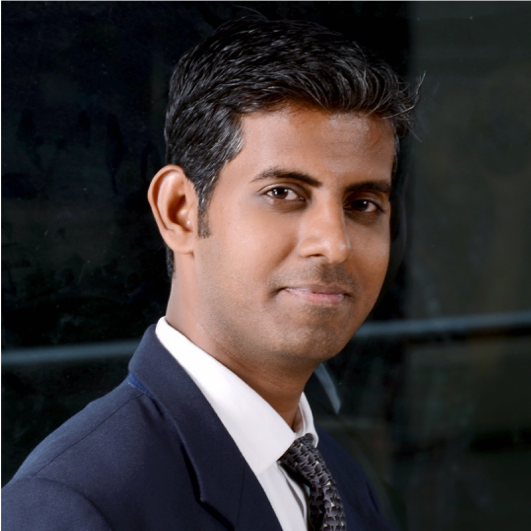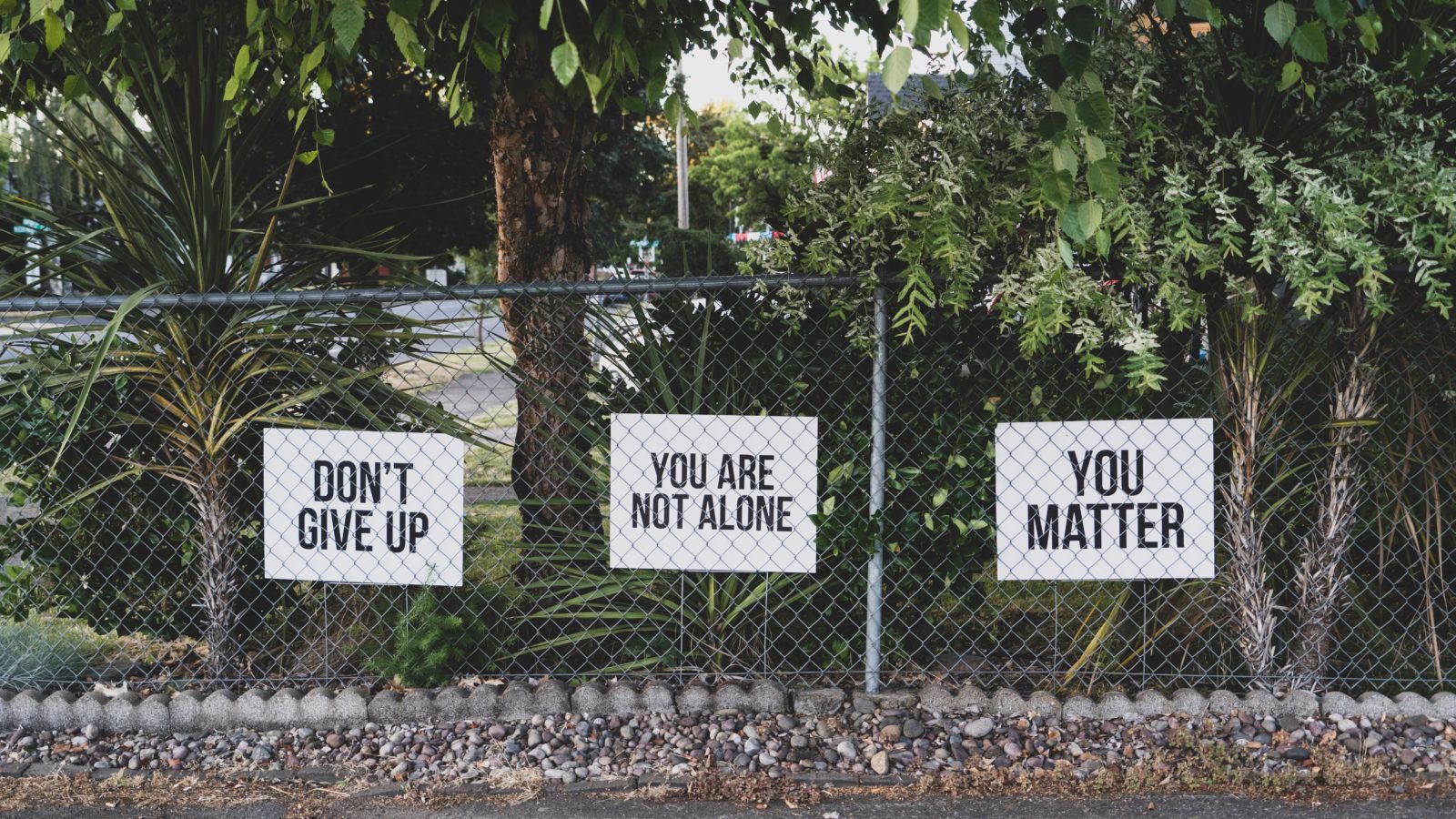A few months ago, I heard the dismal news that one of my college friends had committed suicide at the age of 33 due to issues in his personal life. A few days later Bollywood’s Kushal Punjabi’s news surfaced that he committed suicide at the age of 37. And recently, once again a famous Bollywood celebrity Sushant Singh Rajput took his own life at the age of 34.
If we accept the World Health Organization (WHO) estimates of suicide rates, India and China account for 40 per cent or more of the 800,000 annual suicide deaths globally. Despite so much progress, suicide rates are unacceptably high in the country. And one of the primary reasons, in my opinion, is the fact that seeking help is still looked down upon in our society. For a long time, people in India have been encouraged to keep their mental health struggles in the shadows, and many people lack basic skills for offering someone support.
Stigma has made the prevention of suicide difficult. Stigma can discourage someone from believing that treatment will help when it is most needed, potentially leading to increased suicide risk. It is important to encourage those who are struggling to be open about how they are doing and to seek help when needed. If you have people in your life that are judging you for going to counselling, cut them out of your life. You do not need that type of negativity and bad stigmas associated with something used to help people.
You wouldn’t judge someone who is undergoing physical therapy if s/he had surgery, because they can’t fix their body on their own. Similarly, you should not judge someone just because one can’t treat his/her mental illness on their own if suffering from depression, anxiety, or other mental illnesses.
Quite often when friends try to help us, they are waiting to get their opinion in. On the other hand, professional counsellors want us to get whatever we are feeling out, however long that might take.
Talk about suicide as a public health issue and not as a crime.
In the current times, news channels, social and digital media have also contributed to mental illness among the young generation. If one notices, news channels always broadcast sad and depressing news more often than happy and celebratory news. That is because one enjoys other people’s misery as long as it does not affect them.
In several recent studies, young generation users who spend most of their time on social media platforms such as Facebook and Instagram were shown to have a substantially higher rate of reported depression than those who spent the least time. One of the biggest differences in the lives of current young adults, compared to earlier generations, is that they spend considerably less time interacting with their peers in person and more time connecting electronically.
Among the young generation social media users, FOMO is a big factor. It is the fear of not being connected to our social world.
“The need to feel connected sometimes trumps whatever’s going on in the actual situation we’re in. The more we use social media, the less we think about being present in the moment.”
Jerry Bubrick, PhD, clinical psychologist
Instead what we are occupied with worrying about is why we were not invited to a wedding or an outdoor event, or a trip after we are seeing other batchmates chilling out. We are trying every day to ensure we are not missing out on a single post from a friend catching up to endless online updates. As Jerry said, we are prioritising social interactions that aren’t as emotionally rewarding and can actually make us feel more isolated. Remember, not every post you see on Facebook or social media from a friend portraying how happy they are conveys true happiness. Most of the time these are all facades hiding their loneliness and/or failures.
All this reminds us all of a very brutal fact: No money, fame, or recognition can provide happiness or satisfaction in life that most of us are all striving for every day. Let’s learn to live and enjoy the present “now” and not worry too much about what has happened or what could happen in the future.
There is always hope
If you or someone you know is experiencing symptoms of mental illness, or even a remote thought of suicide comes to mind, please know: We need you. Please, stay and live. Advocates like me will do everything we can to be your best source for hope. No one will be alone or forgotten, as long I can help. Whatever it takes.
Asking for help is the bravest thing you can do. There is no shame in letting your friends and family know that you aren’t feeling okay.
Remember no matter how powerless we feel, however scary the current situation is, there is always hope. Because whatever we are battling now, it will pass. We have made it this far; we can make it through whatever comes next.
Without the dark, we’d never see the stars.


